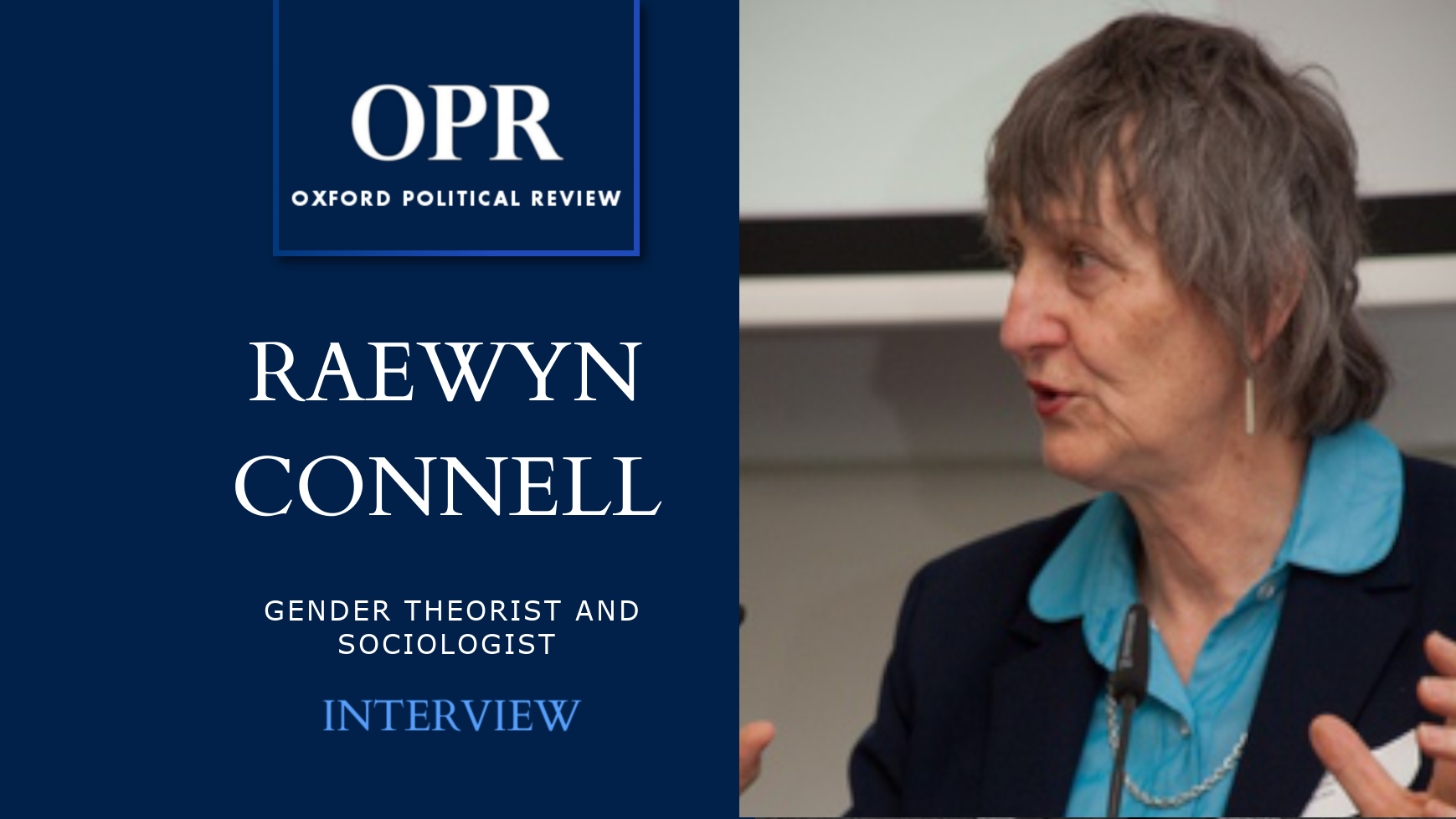Culture and Ideas
-

What Transhumanism Means for Our Future
|
What if we could easily cure all diseases and disabilities? How about being able to run 100m in less than 2 seconds? Could we make human beings indestructible or even immortal? Some of these changes may be within our reach, thanks to human enhancement and transhumanism. I’ll consider what the possible implications are. What are…
-
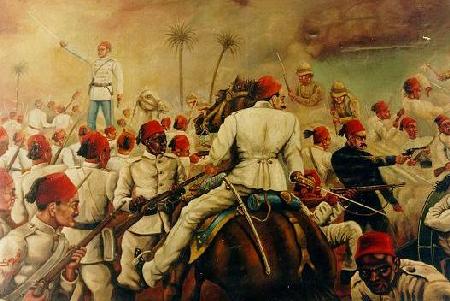
The History of Orientalism and the Rise of British Nationalism
|
As never-ending wars and resilient dictatorships plague the Middle East, coupled with the destabilizing aftershocks of Western colonialism, refugees are fleeing the region by the thousands, seeking shelter and opportunity behind the walls of the European fortress. In response, nationalist parties across the U.K., most prominently Britain’s Independence Party (UKIP), have pushed back on their…
-

The Politics of Subscriptions
|
If you are a reader of the Oxford Political Review, you may have noticed that as you scroll through your newsfeed you are being invited to subscribe to a variety of periodicals: The Economist will run you £10 per month; The London Review of Books will set you back £12 for 12 issues; and The New Yorker is going for the low, low…
-

Who’s Really Working from Home? Re-evaluating Housework in a New Virtual Era
|
For the past 18 months, the COVID-19 pandemic has transformed virtually every aspect of our lives. With the onset of stay-at-home orders and the closures of schools and office buildings, millions of employees shifted to remote work, which has quickly become a fixture of modern life. However, the transition to remote work for parents and…
-
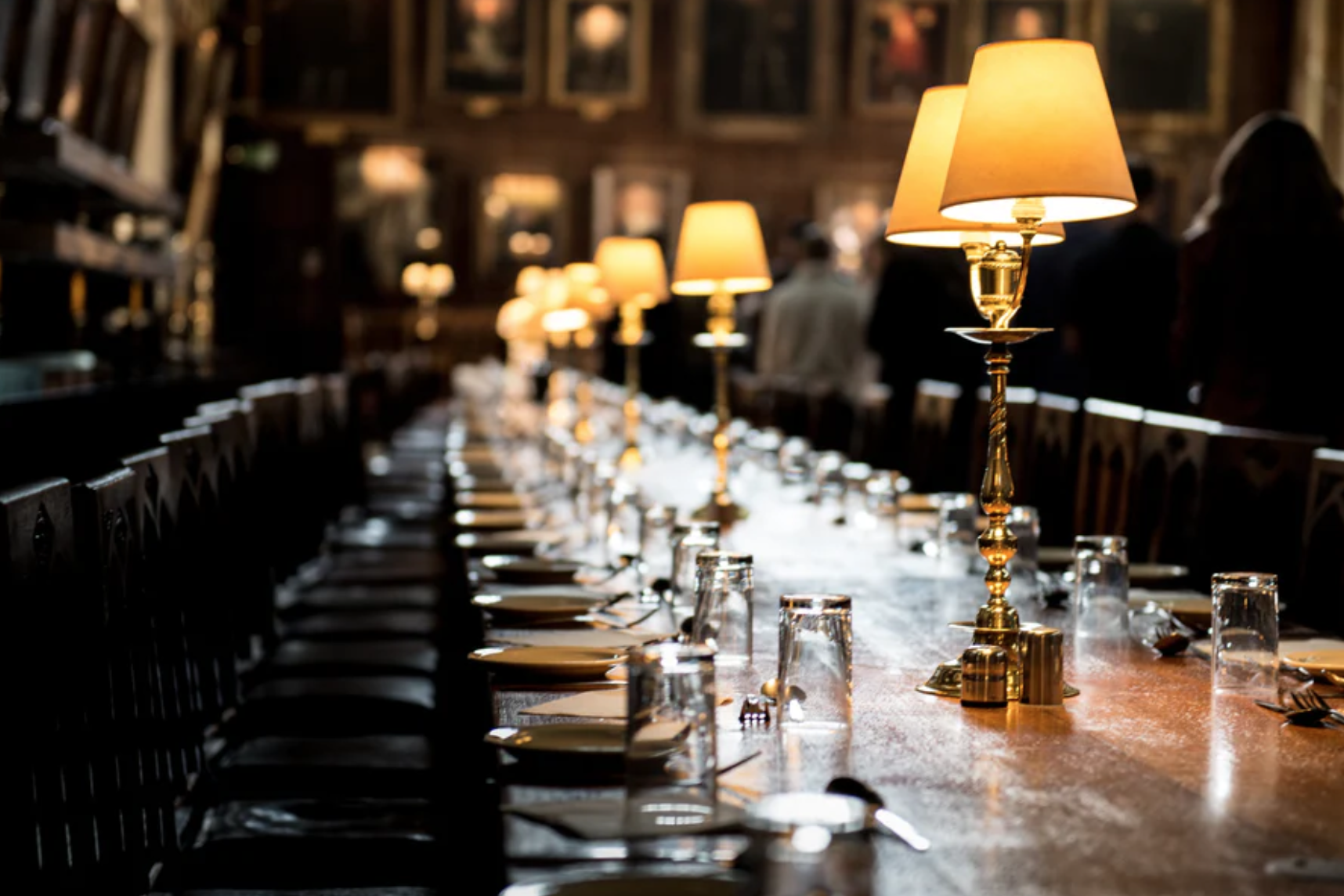
An Interview with Dr Lorna Finlayson
|
Political Philosophy & Critique Q: The Value of Political Philosophy. In your 2020 article ‘If This Isn’t Racism, What Is?’, you offer a searing critique of the state of contemporary political philosophy. Drawing on recent debates around immigration, abortion, and the marketisation of higher education, you write that “it seems to me that philosophers vacate the…
-
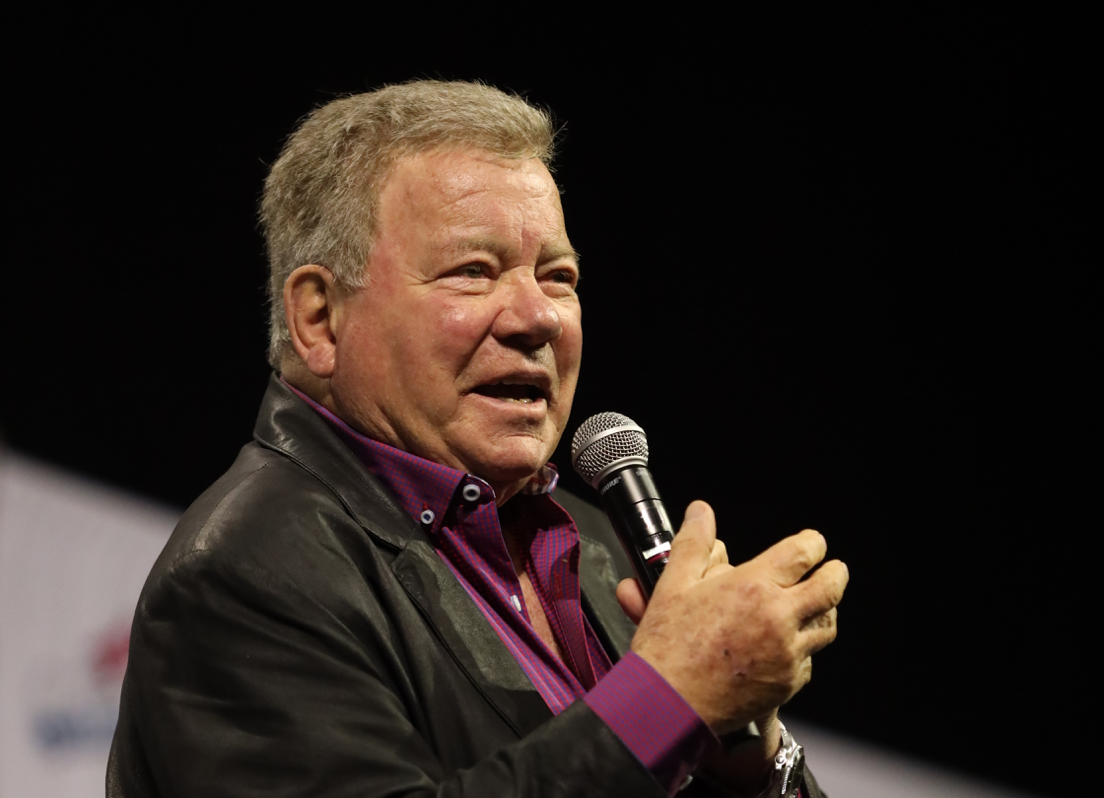
Why on Earth Did Shatner Go to Space?
|
Despite what Amazon’s PR department almost desperately tried to make us believe, neither Jeff Bezos nor even William Shatner, Captain Kirk himself, really reached the final frontier. The Kármán Line is, rather, the lowest common denominator of space, a definition based on the ratio of air lift versus Keppler force for the legal purpose of…
-
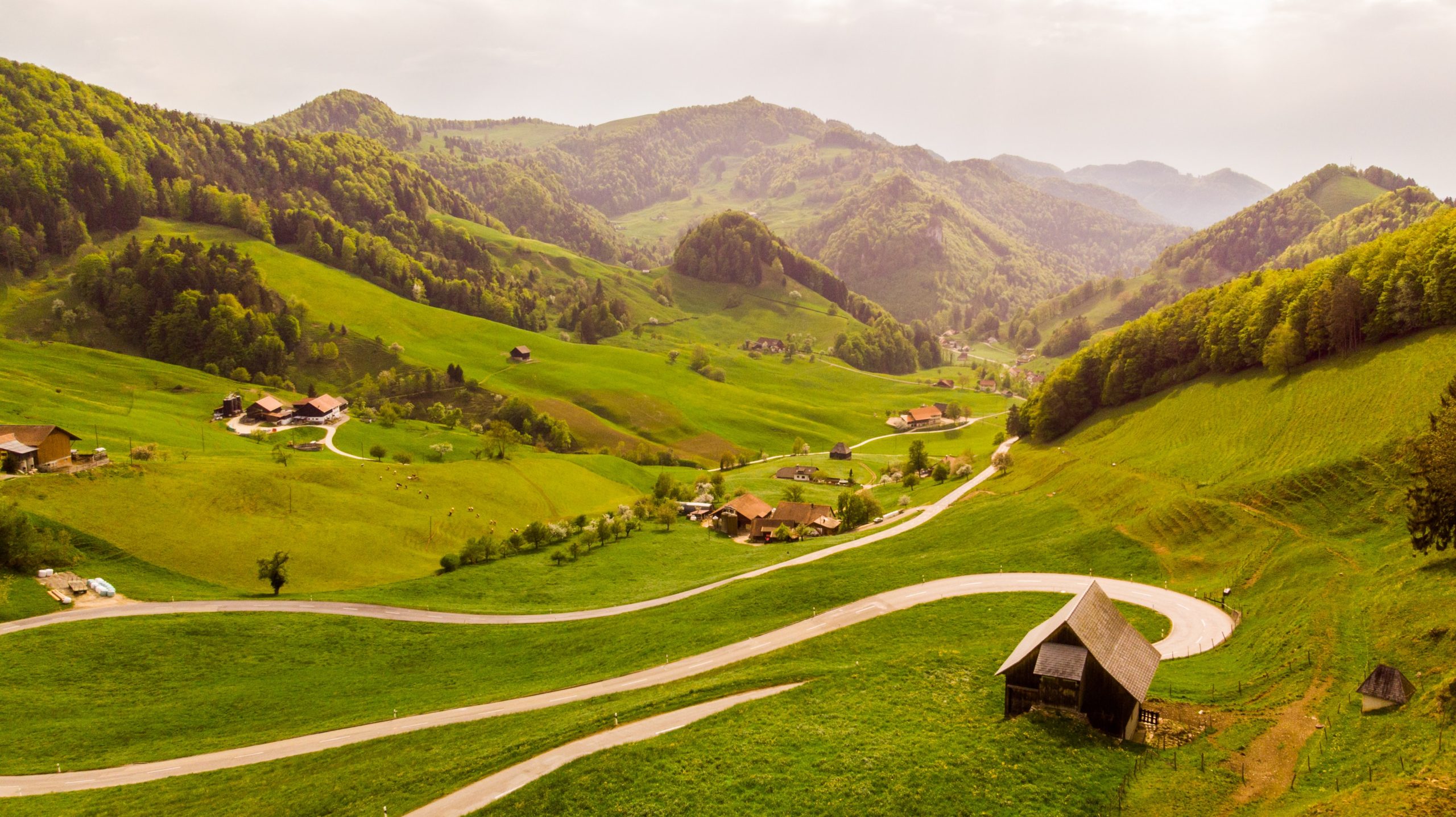
A Renewed Space: Rural Communities and the Countryside
|
21st Century political wisdom has been invested in a city-based future for most of the world. City-life is seen as the future of the world. Paul Collier in 2010 espoused that ‘as populations grow and the Southern climate deteriorates due to global warming, the South will necessarily urbanize. The future of populations will live not…
-

How Muslim Women Can Save Indian Secularism
|
Muslim Women have occupied a peculiar position in the mainstream Indian imagination. Through their (inaccurate) perception as a homogenous category, Indian Muslim Women have invoked either imagery of communal normativity through the visible invisibility of the black burqa within the public sphere, or fetishized as mysterious suffering figures who need saving. Beyond these narrative constructions,…

